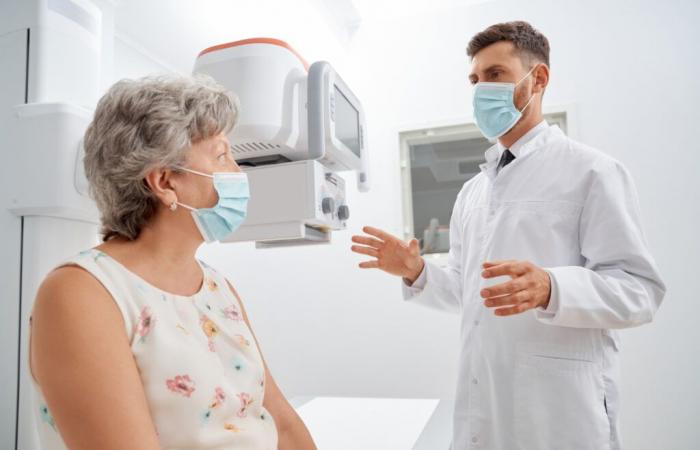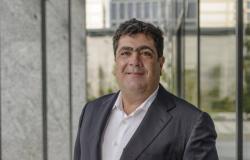Oral health is at the heart of many people’s concerns, and a new scientific advance could well transform our approach to dental care. Imagine a future where the loss of a tooth would no longer be irreversible, but simply a step towards its natural regeneration.
This perspective, formerly reserved for science fiction, now seems within reach thanks to recent discoveries in the field of biotechnology. Researchers are exploring innovative methods to stimulate tooth regrowth, paving the way for revolutionary treatments. Find out how this promising innovation could redefine the future of modern dentistry.
A revolutionary treatment for tooth regrowth
Japanese researchers are developing an innovative treatment that could transform the field of dentistry by allowing natural tooth regrowththus avoiding implants and prostheses. This drug specifically targets the USAG-1 protein, which is known to inhibit the growth of a third set of teeth after “baby” and “permanent” teeth.
By neutralizing this protein, the treatment aims to activate dormant tooth buds under the gumsthus promoting the emergence of new teeth. This promising advance could not only revolutionize oral care but also offer an economical solution to patients.
Scientific advances and clinical trials
The concept of dormant tooth buds, supported by Katsu Takahashi, is at the heart of current research on tooth regrowth. Ongoing clinical trials aim to stimulate these buds to regenerate incisors and molars.
Angray Kang of Queen Mary University of London calls the work “exciting,” highlighting its potential based on similar treatments for osteoporosis. However, Hong Kong’s Chengfei Zhang remains cautious, calling the idea revolutionary but controversial. These trials could lead to a major breakthrough in the dental field, with a significant impact on future treatments.
Future outlook and potential impact
Marketing of the drug is planned for 2030with initial priority given to children suffering from rare hereditary diseases resulting in the absence of several teeth from birth. This treatment could transform their daily lives by offering a lasting solution to this problem.
Moreover, older people could also benefit from this advanceparticularly in Japan where tooth loss is common among seniors. By improving quality of life and healthy life expectancy, this drug could represent a major turning point in the care of older people, helping to reduce complications related to tooth loss and improve their overall well-being.







